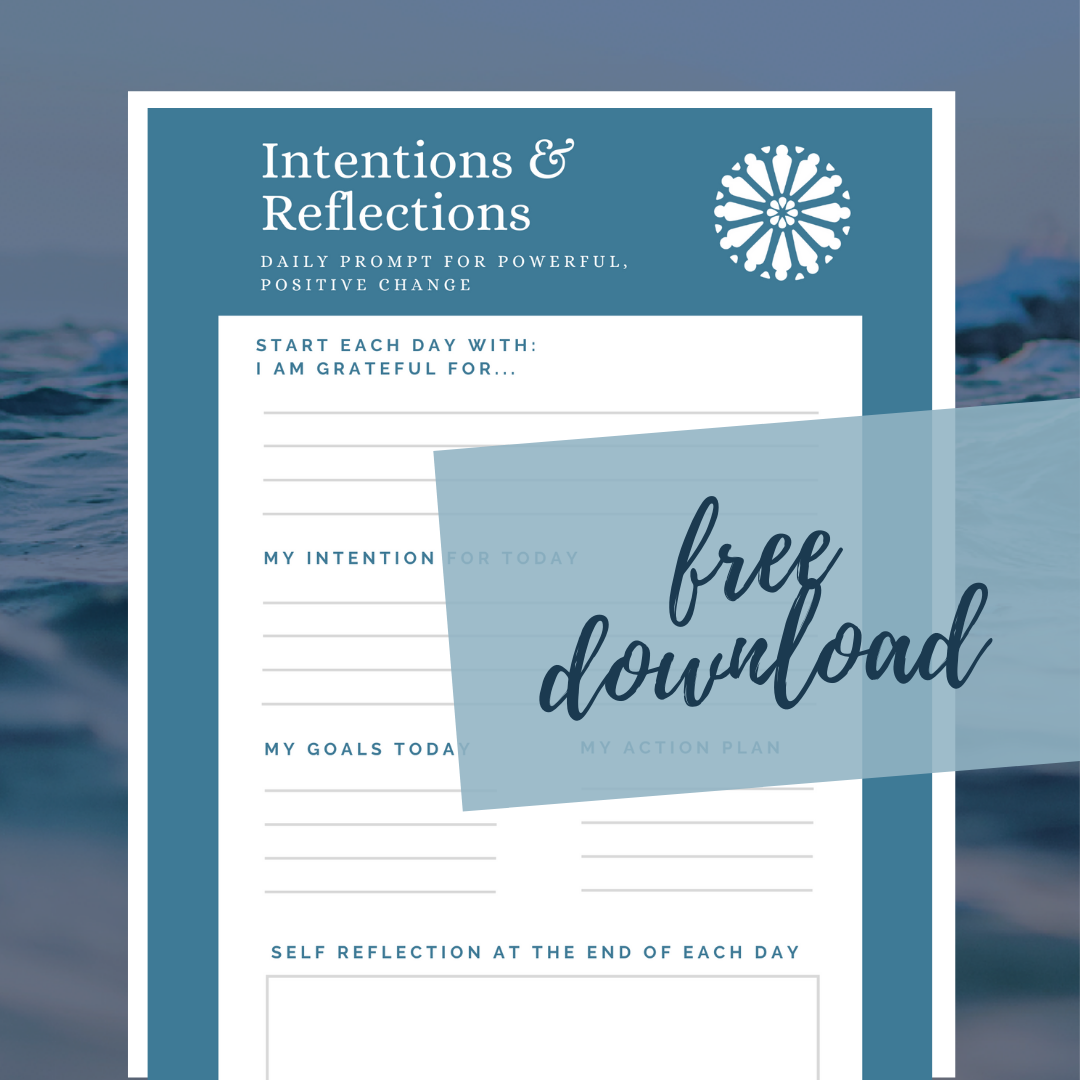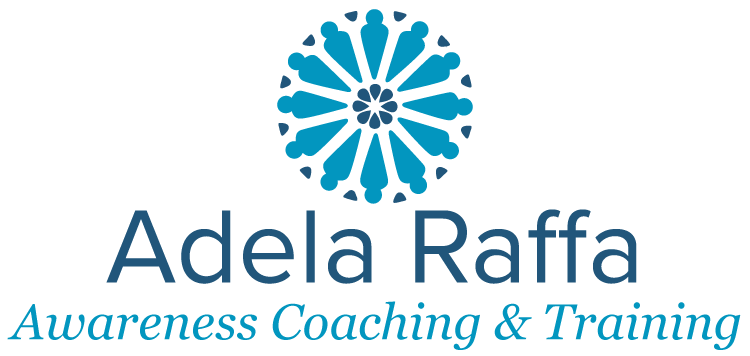Invisible Mother Wounds

Happy 30th Birthday to Allie, who introduced me to my favorite hood: Motherhood.
While I’m spending time with my adult children in FL to celebrate my first born turning 30, I’m reflecting on three decades of motherhood. It’s been a journey within the journey…While I jokingly say “motherhood is my favorite hood”—because of all the joy it brings—it’s also an area of personal growth and challenges. Motherhood taught me many life lessons and being a single mom, a few more.
Being Allie’s mother has brought out the best of me (fierce protector, care-giver and nurturer) and the worst (critical, judgmental and reactive) prompting deeper exploration into mother wounds. A beautiful benefit of motherhood is gaining understanding and compassion for my own mother.
Here’s the thing: Mother wounds can be invisible and subtle. How, you might ask? They involve emotional and psychological impacts that aren’t always recognized or acknowledged. Here are 4 reasons why these wounds might be less visible:
Cultural and Societal Norms: Many cultures hold an idealized view of motherhood, portraying mothers as inherently nurturing and selfless. Traditional gender roles, family loyalty and honor also contributes to the invisible wounds.
Emotional Complexity: Negative experiences can be intertwined with love and dependence, making it hard to identify and articulate the harm.
Lack of physical evidence: Unlike physical abuse, emotional wounds don’t leave visible marks. The harm is internalized, affecting mental health, self-esteem and interpersonal relationships.
Psychological Defense Mechanism: Repression, denial or rationalization are defense mechanisms used to cope with painful experiences, which obscures the recognition of mother wounds.
How about you…Do you find yourself grappling with unresolved childhood pain? Are your relationships affected by unmet needs from your past? Join our course to start healing your mother wounds. If the course is not for you, but healing is, reach out for individual sessions.
It’s never too late to have a childhood! Living an authentic life is the ultimate expression of self-love and fulfillment.
To Powerful, Positive Change…Cheers!
Adela

“Adela helped me during my darkest hours, when I felt hopeless and alone. Her compassion and support helped me find strengths within myself I didn’t know existed. Her belief in me became my guiding light until I could carry it for myself.”
– Jennifer
